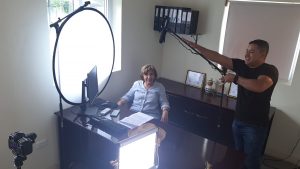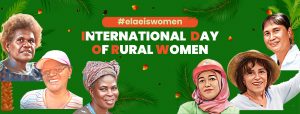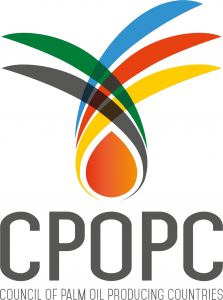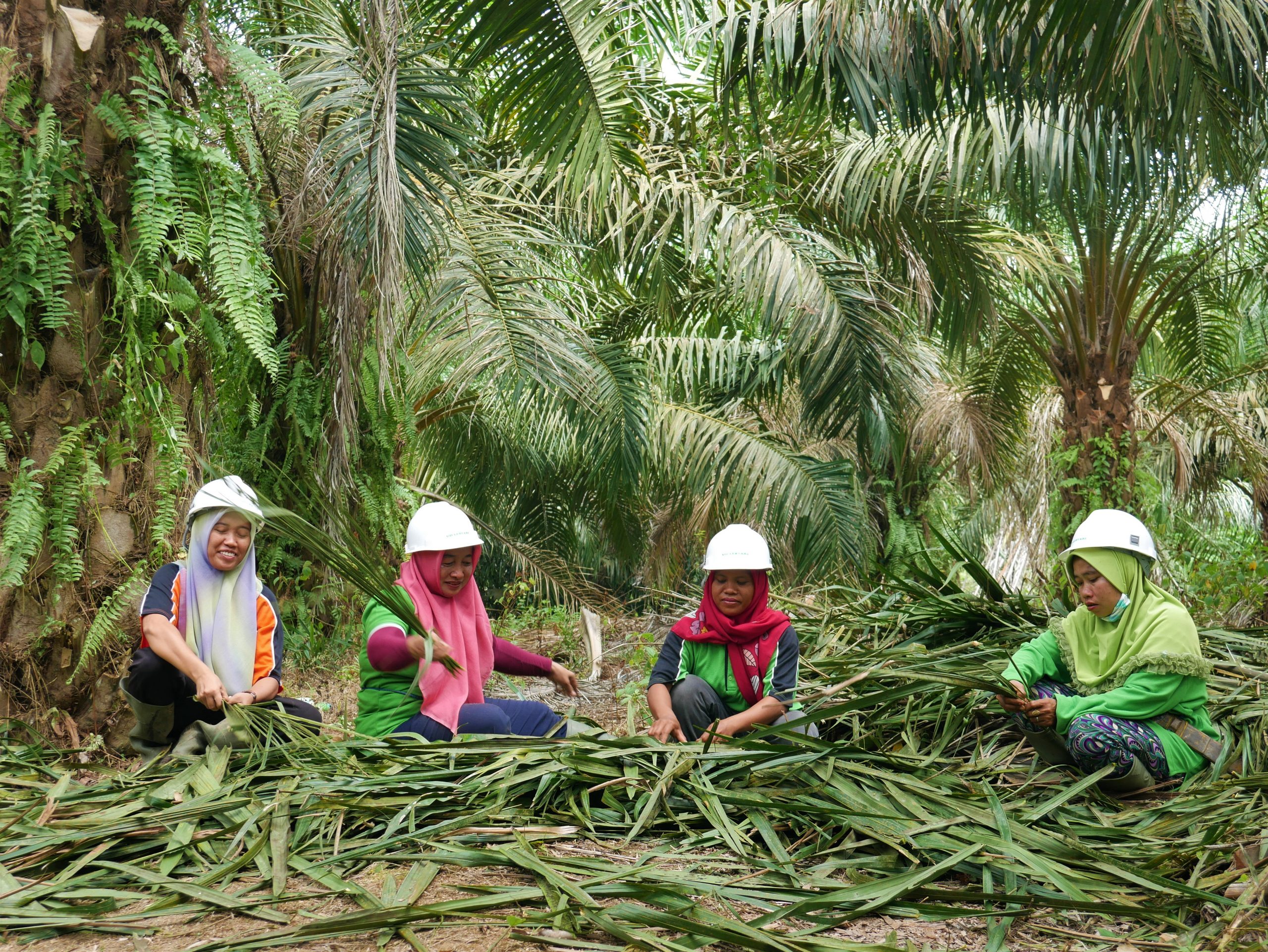The Council for Palm Oil Producing Countries share their case study #elaeiswomen
Physical labor, including activities around oil palm plantations, is traditionally considered a man’s job. Women’s involvement in agricultural forces is mostly unheard of, although they work up to 13 hours more per week on average than men. For these women, palm oil is not merely a way to put food on the table. It is an opportunity for a better life for their children, a form of empowerment, and a means to support the community. Among sexism that still prevails, these women were able to break through the traditional values and gender roles to improve their situations and the lives of the people around them.

To celebrate the International Day of Rural Women, the Council of Palm Oil Producing Countries (CPOPC) presents the stories of six inspirational women from six countries. Nurhayati from Indonesia leads the smallholder group in her area. Indai Patrick from Sawarak, Malaysia, takes care of the plantation inherited from her parents with her husband and children. Across the globe, Fanny Germania Ortiz of Colombia went from having nothing to being able to provide for her family and jobs for the people in her community. In Ghana, Ruth Sackey’s mill has changed the lives of the women in her village for the better. Elizabeth Rodríguez Gallardo of Honduras had to learn from scratch how to farm oil palm and manage a plantation when she took over her family business, along with the challenges of being a female leader in a male-dominated field. From Papua New Guinea, Mamel Tamai Milang shares her experiences working as an oil palm farmer and how it has improved her community’s livelihood.
Nurhayati (Bandar Marsilam II, North Sumatera, Indonesia)
Indai Patrick (Sarawak, Malaysia)
Fanny Germania Ortiz (Tumaco, Kolombia)
Ruth Sackey (Ofoase-Panen, Ghana)
Elizabeth Rodrigues Gallardo (El Progreso, Honduras)
Mamel Tamia Milang (Kokopo, East New Britain, Papua New Guinea)
About the Council
CPOPC is an intergovernmental organization for palm oil producing countries. Established in 2015, Indonesia and Malaysia, the world’s biggest palm oil producers, are the founding and current full members. Colombia, Ghana, Honduras, and Papua New Guinea are observer countries. The Council seeks to unite the world’s palm oil producers and represents the priorities, interests, and aspirations of the palm oil nations.








